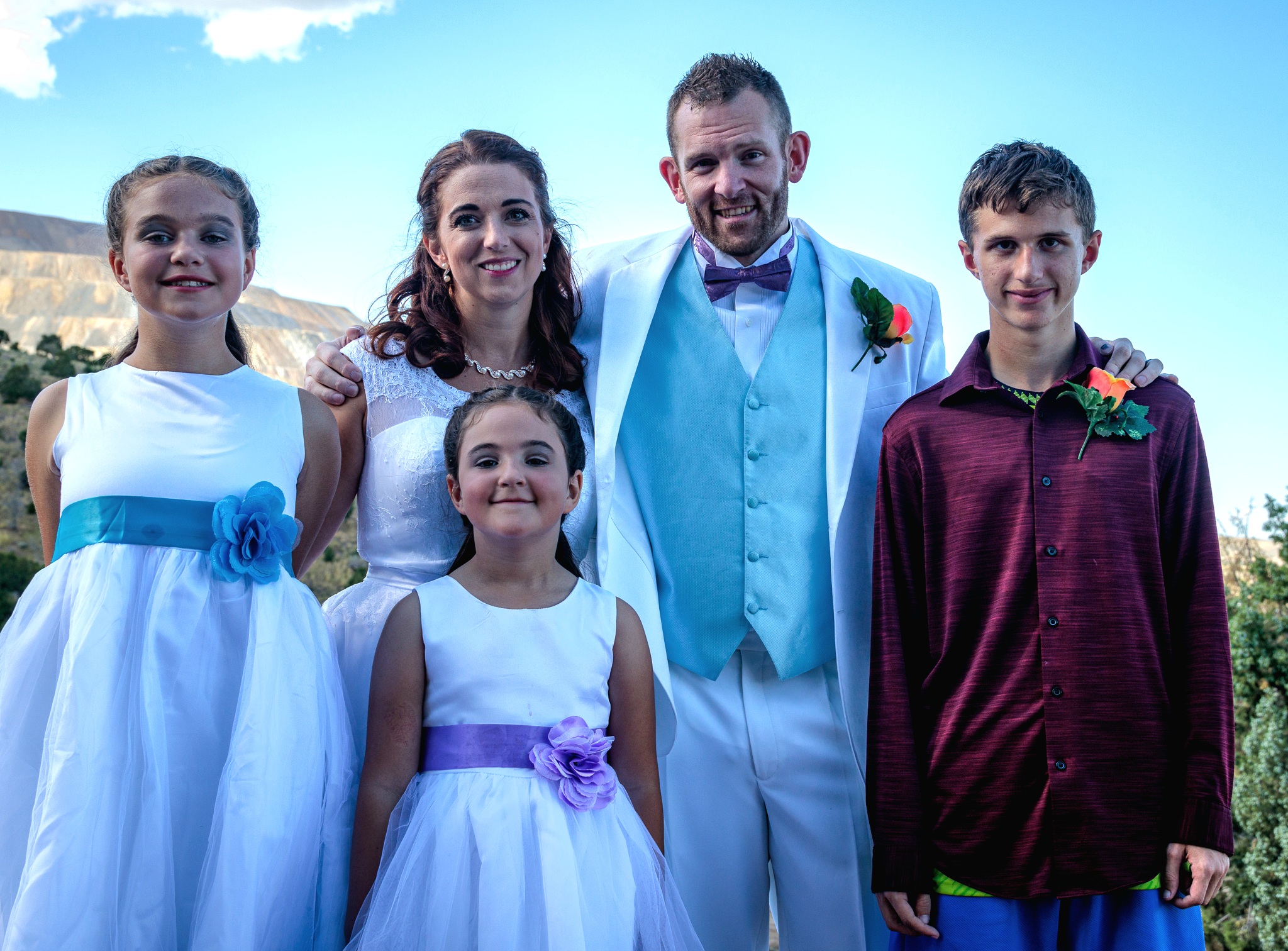
Amanda hopes her cancer journey is a positive example for her kids
April 22, 2024
This is a guest post by Amanda Reitz, a mother of three children who were 13, 9, and 5 years…
Read More
Welcome to our new series where we take a look at what’s happening in kidney cancer each month! From treatments and clinical trials to genetic testing and government regulations, the KCA’s Medical Director, Sallie McAdoo, MS, CGC, will show you what’s new and why it matters.
This month, I’m focusing on some of the data for non-clear cell renal cell carcinoma (non-ccRCC) presented at the American Society of Clinical Oncology Genitourinary (ASCO GU) Cancers Symposium that took place February 11-13.
Compared to clear cell RCC (ccRCC), which is the most common and the most studied type of RCC with the most approved therapies to treat it, non-ccRCCs only make up 30% of all RCC and are not as well studied which can affect how they benefit from treatments designed around ccRCC. I am happy to report some of the non-ccRCC-focused data presented at ASCO GU.
Promising new trial data
Non-ccRCC – Ipilimumab plus nivolumab (Ipi/Nivo) is a drug combination used often in RCC but its safety and effectiveness have been mainly studied in ccRCC patients. The CHECKMATE 920 trial monitored a group of non-ccRCC patients (including papillary RCC, among others) for the effects of the Ipi/Nivo combination across these less common cancer types. The combination showed “encouraging anti-tumor activity and survival” with no additional safety/toxicity concerns in this population. [ASCO GU abstracts 309 and 301]
Papillary RCC (pRCC) – The phase II SWOG 1500 trial compared treatment with sunitinib – the current standard of treatment for metastatic pRCC– with one of three other drugs: cabozantinib, crizotinib, or savolitinib. Although crizotinib and savolitinib did not show any benefit over the standard drug, cabozantinib showed both decreased progression and increased tumor shrinkage across both type 1 and type 2 pRCC. In an interview with the European Association of Urology, Dr. Sumanta Pal, the lead investigator of this trial, pointed out that cabozantinib inhibits tumor growth in two ways – the MET pathway and the VEGF pathway – which is likely why it came out the winner versus sunitinib, which is just a VEGF inhibitor. The trial was presented at ASCO GU and published in The Lancet.
Dr. Sumanta Pal of City of Hope Comprehensive Cancer Center in California discusses the SWOG 1500 trial results:
New RCC subtypes
With more attention turning to how non-ccRCC is treated, it’s important to understand the various types of non-ccRCC tumors and how to categorize them to ensure proper diagnosis and treatment.
Back in 1975, only two types of RCC were defined, exploding to over 40 specialized types that are recognized today. Continued research and understanding means the number of RCC types will keep evolving. The World Health Organization (WHO) continues to refine how the different types of kidney cancer are organized and named in order improve diagnosis and treatment. It has been five years since the last update. Below are some of the major changes presented at ASCO GU that will become part of the new 2021 classifications for RCC. Although these changes will be formally published later this year, it may take a while to start seeing the new wording get used.
Identifying how RCC tumors are different – in their origin, in their severity, in their genetics, in how they progress, etc. – is an early step in the process of learning how best to slow or stop their spread and what treatments will be effective in doing that.
Want to read more? Here are a few other overviews of the kidney cancer research presented at ASCO GU:
ASCO GU conference coverage, CureToday
You talked and we listened! This year, the KCA launched a new grant category for researchers on the psychosocial issues facing people impacted by kidney cancer.
For the last several years, the KCA has awarded grants to both advanced career and early career researchers who might make the next breakthrough in kidney cancer diagnosis and treatment. However, physical health and drug treatments aren’t the only things that can improve lives. There are many sides to the cancer journey that receive a lot less attention but are still important.
That’s why we evolved our research program. The new $75,000 Focus Award is for researchers interested in understanding the psychosocial issues facing people impacted by kidney cancer. It’s our way of moving the needle to highlight the importance of mental health, emotional health, and quality of life.